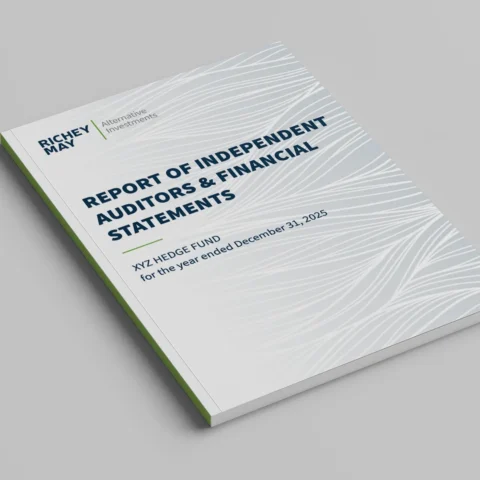Blackmailing. Phishing. Smurfing. Crypto scams like these are rising at an alarming rate, as are the damages they inflict. According to Stateline, an initiative of The Pew Charitable Trusts, the FTC reported Q3 ’21 losses of $200.8 million, a 40% spike from May 2020 to October 2021.
With more and more alternative investment clients using cryptocurrency strategies, it’s in our best interest — and yours — to stay on top of the situation. Here’s a quick rundown of the most common scams and how to avoid them:
The Rug Pull
A cryptocurrency designed to capitalize on the TV show “Squid Game” is one high-profile example of this scam. Like all Rug Pulls, the “Squid Game” coin arrived on the scene to much fanfare, catapulted to $2,860 within a few hours then vanished into cyber-thin air, robbing investors of over $3 million.
The Pump and Dump
Like the Rug Pull, Pump and Dump scammers buy or create a cheap token, pump up the market with false claims (often using influencers), incite a buying frenzy, then dump their assets and halt promotions once the price peaks. The token crashes, leaving investors high and dry.
Phishing
This tactic uses email or “air drops” (free coins air dropped to your wallet) to bait you into making an investment. Take the bait, and you’ll land on a website that looks legit enough to convince you to hand over personal details, including your bank account number. As soon as you do, the website vanishes, and the scammers have your identity.
Takeaways & Tips
Falling victim to crypto scams comes with hard-learned lessons. Two big takeaways: Beware of overhyped cryptos and don’t touch an air drop until you verify its source.
Also, keep in mind that you alone are responsible for your investment decisions since cryptocurrencies are not protected by the FDIC or SIPC.
Before you invest in a new coin or token, follow these five time-tested tips:
- Run a Google search on the company or coin with “review,” “scam” or “complaint.”
- Search for the founder’s Twitter and LinkedIn profiles and check their credentials.
- Look for a credible, polished white paper about the project and its creators.
- Ask yourself how likely the product will offer a solid opportunity or gain traction.
- Watch out for high-pressure tactics and bold claims, especially those promising guaranteed returns.
For more information on how to make smart investments using cryptocurrency strategies, contact us today.





